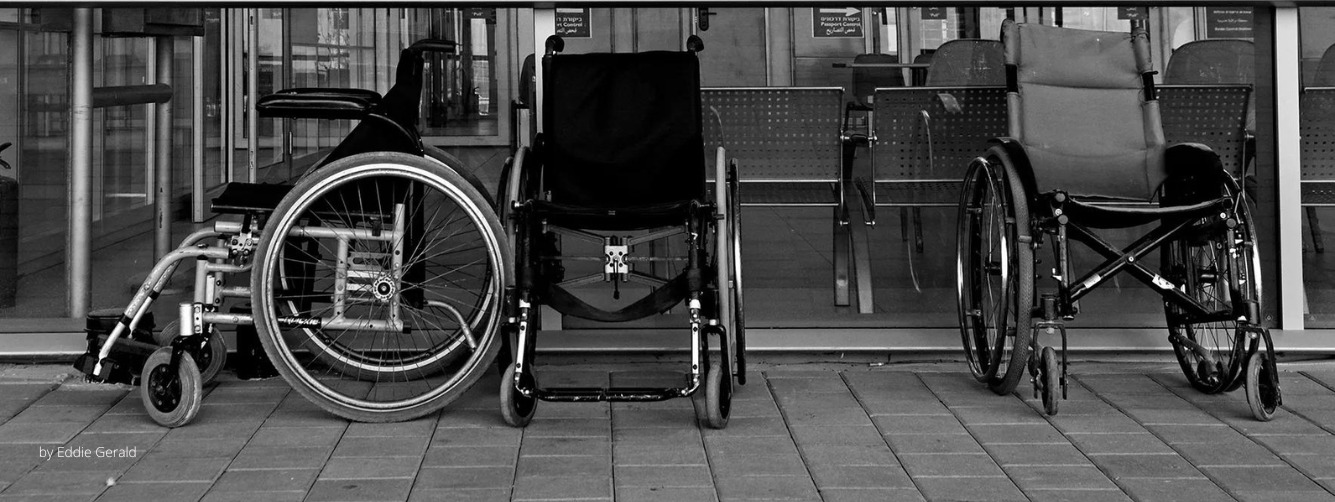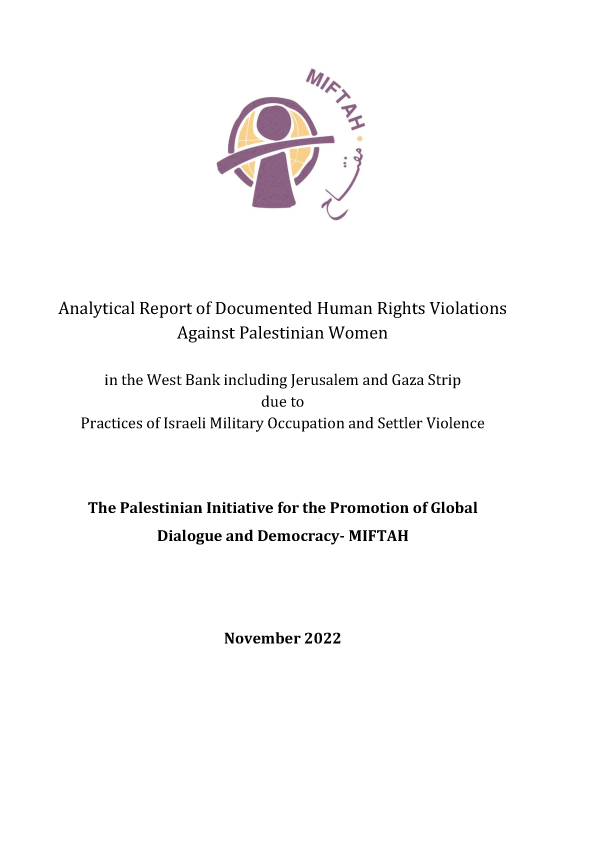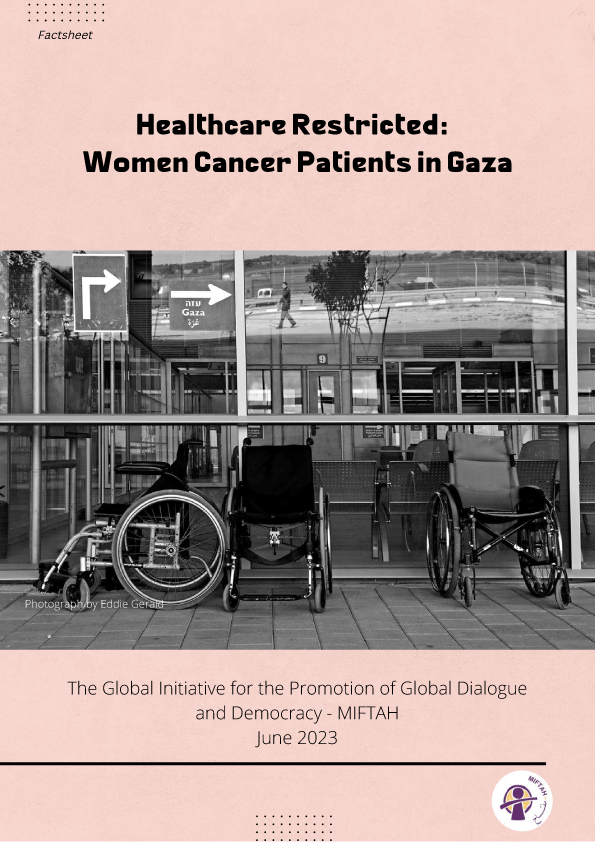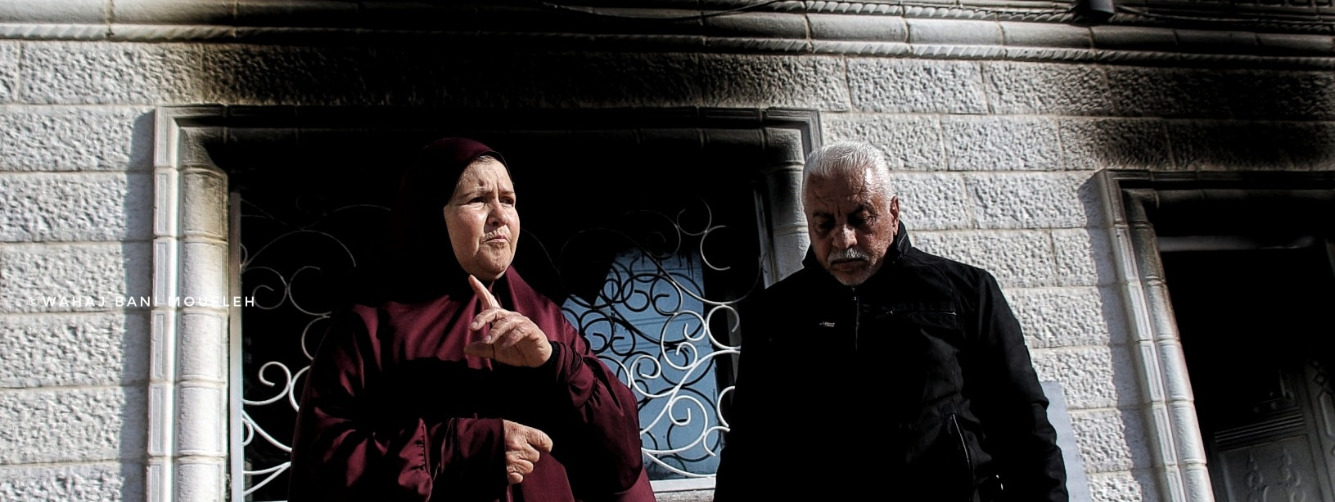Introduction
Twenty years since it last convened, with the exception of the extraordinary session held in 2009 for the purposes of electing a new executive committee for the Palestinian Liberation Organisation (PLO), the Palestinian National Council (PNC) was held during the period 30 April until 03 May 2018.
In light of the recent events there is an importance of reclaiming the PLO as the sole and legitimate representative of the Palestinian people. Additionally, the PNC represents Palestinians in all places of existence. And as the highest authority in the PLO that is responsible for formulation of policies and development of programmes of the PLO towards the realisation of Palestinian inalienable rights of return, independence and sovereignty and statehood, we present this fact sheet on the PLO with a special focus on the PNC.
General Background and Establishment
- The PNC was established by the First National Conference, which was held in Jerusalem between 28 May and 02 June 1964, in the presence of 433 members.
- The PLO and its various bodies were also created during the First National Conference, such that:
- The Executive Committee was created and Ahmad Shukeiri was elected as president.
- Provide the military (Palestinian Liberation Army), political (Palestinian National Charter), financial (Palestinian National Fund) and administrative (internal bylaws) infrastructure necessary for the functioning of the PLO.
Components and Bodies of the Palestinian Liberation Organisation
- The main bodies of the PLO are the Palestinian National Council, Palestinian Central Council and the Executive Committee.
- Palestinian National Council:
- Represents the legislative authority to all Palestinians in the occupied territory, including Jerusalem, and in the diaspora.
- The functions of the PNC include:
- Identification of the policies of the PLO.
- Election of the Executive Committee of the PLO
- Determine and change the membership of the PNC.
- Amend the Palestinian National Charter and internal bylaws through the conduction of extraordinary sessions.
- The vast majority of Palestinian political factions,
including all national factions, alongside trade unions and syndicates, are
represented in the PNC, as follows:
Political Factions:
FactionSeatsFactionSeatsNational Liberation Movement 49Arab Liberation Front 8Popular Front for the Liberation of Palestine 27Popular Front for the Liberation of Palestine- General Command 7Democratic Front for the Liberation of Palestine 17Palestinian Popular Struggle Front 7Palestinian Democratic Union 12Arab Palestinian Front 6Palestinian Liberation Front 12Islamic Jihad in Palestine 5Palestinian People’s Party 9Trade Unions and Syndicates:
UnionSeatsUnionSeatsGeneral Union of Palestinian Women 26General Union of Palestinian Writers 8Palestinian General Federation of Trade Unions 18General Union of Palestinian Lawyers 4General Union of Palestinian Teachers 14General Union of Palestinian Economists 1General Union of Palestinian Students 13General Union of Palestinian Farmers 1General Union of Palestinian Doctors and Pharmacists 10General Union of Palestinian Artists 1General Union of Palestinian Engineers 8General Union of Palestinian Fine Artists 1 - The remaining 498 seats in the PNC are distributed as follows:
- Independents list: 198 seats
- Returnees list: 98 seats
- Palestinian Legislative Council list: 132 seats.
- Military list: 42 seats
- Al-Sa’iqa list: 12 seat
- Higher Council for Youth and Sports: 3 seats.
- The PNC had six presidents, as follows:
No.NamePeriod1
Ahmad Shukeiri 1964-19672Abdul Muhsen Qattan 19683Yehia Hamoudeh 19694Khaled Al-Fahoum 1974-19845Abdul Hamid Al-Sa’eh 1984-19966Salim Za’noun 1996-NOW
- Palestinian Central Council
- The Palestinian Central Council was established by the PNC in its 11th session in 1973.
- The Central Council serves as the link between the PNC and Executive Committee.
- The Central Council currently comprises 124 members of the PNC, including Executive Committee members, political factions, trade unions, syndicates and independent Palestinians.
- The Central Council acts on the behalf of the PNC if the latter cannot convene.
- Executive Committee:
- The Executive Committee represents the executive authority of the PLO.
- The Executive Committee represents the PLO on the international level.
- The Executive Committee is elected by the PNC.
- The tasks of the PLO include the implementation of the policies and decisions of the PNC and Central Council; adoption of the PLO’s budget; and follow-up of the work of its various departments.
- Members of the Executive Committee head the
departments of the PLO, as follows:
- Jerusalem Affairs Department: Adnan Husseini
- Military and Security Department: Saleh Ra’fat
- Education Department: Dr. Ali Abu Zuhri
- Arab Relations Department: Azzam Al-Ahmad
- Palestinian National Fund: under the supervision of Chairperson of the Executive Committee Mahmoud Abbas
- Refugee Affairs Department: Dr. Ahmad Abu Holi
- Executive Committee Secretariat: Dr. Saeb Erikat,
- Popular Organisation and Planning Department: Dr. Ahmad Majdalani.
- Negotiations Affairs Department: Dr. Saeb Erikat.
- Expatriate Affairs Department: under the supervision of the Chairperson of the Executive Committee Mahmoud Abbas.
- International Relations Department: Dr. Ziad Abu Amer
- Social Affairs Department: Bassam Al-Salhi
- Diplomacy and Public Policies Department: Dr. Hanan Ashrawi
- Popular Mobilisation Department: Wasel Abu Yousef.
- Human Development Department: Dr. Faisal Aranki.
- Human Rights and Civil Society Department: Ahmad Baioud Tamimi
Major Milestones in the History of the Palestinian Liberation Organisation and Palestinian Cause
Year |
Milestone/ Event |
|
1964
|
· First PNC session (28 May- 2
June, 1964) in Jerusalem o Establishment of the PLO. o Election of Ahmad Shukeiri as President of the PNC. o Creation of the Executive
Committee with Ahmad Shukeiri as President. o Provide necessary military,
political, financial and administrative infrastructure. |
|
1967
|
· Occupation of the West Bank,
including east Jerusalem, Gaza Strip, Golan Heights from Syria and Sinai
Peninsula from Egypt in six day war. |
|
1968
|
· Fourth PNC session (10- 17 July,
1968) in Cairo o Election of Abdul Muhsen Qattan as
President of the PNC. o Election of a new executive
committee with Yehia Hamoudeh
as President. |
|
1969
|
· Fifth PNC session (01- 04
February, 1969) in Cairo o Election of Yehia
Hamoudeh as President of the PNC. o Election of a new executive
committee with Yasser Arafat as President. · Sixth PNC session (01- 06
September, 1969) in Cairo o Representation of the Democratic
Front from the Liberation of Palestine in the Executive Committee. |
|
1970
|
· Black September events, relocation
of PLO from Jordan to Lebanon. |
|
1971
|
· Ninth PNC session (07- 13 July,
1971) in Cairo o Representation of Arab
Liberation Front, Palestinian Popular Struggle Front and Popular Front for
the Liberation of Palestine in the Executive Committee of the PLO. |
|
1972
|
· Tenth PNC session (06- 12 April,
1972) in Cairo o Expansion of the membership of
the PNC by 50% and allocation of new seats to trade unions and syndicates. |
|
1973
|
· Eleventh PNC session (06- 10 January,
1973) in Cairo o Creation of the Central Council
of the PLO. |
|
1974
|
· Twelfth PNC session (01- 08
June, 1974) in Cairo o Election of Khaled
Fahoum as President of the PNC. o Representation of the Popular
Front for the Liberation of Palestine- General Command in the Executive
Committee of the PLO. · Recognition of the PLO as the
sole legitimate representative of the Palestinian people in the United
Nations General Assembly. |
|
1979
|
· Fourteenth PNC session (15- 22
January, 1979) was held in Damascus instead of Cairo to denounce the signing
of the Camp David agreement between Egypt and Israel. |
|
1982
|
· Siege of Beirut and relocation
of PLO from Lebanon to Tunisia, Algeria, Yemen and other Arab States in
August and September. |
|
1984
|
· Seventeenth PNC session (22- 29 November,
1984) in Amman o Election of Abdul Hamid Al-Sa’eh as President of the PNC. |
|
1988
|
· Nineteenth PNC session (12- 15
November, 1988) in Algeria o Declaration of Independence of
State of Palestine over land occupied in 1967. |
|
1991
|
· Adoption and welcoming of Madrid
Peace Conference. |
|
1993
|
· Signing of Declaration of
Principles (Oslo I). |
|
1994
|
· Signing of Oslo II and Paris
Protocol. |
|
1996
|
· Twenty First PNC session (22- 25
April, 1996) in Gaza o Election of Salim
Za’noun as President of the PNC. o Expansion of the membership of
the PNC to include Legislative Council members. o Repeal and amendment of Articles
in the Palestinian National Charter. |
|
1998
|
· Endorsement of modification made
to the Palestinian National Charter by Palestinian Popular Conference. |
|
2004
|
· Election of Mahmoud Abbas
as President of the Executive Committee following the death of Yasser Arafat. |
|
2009
|
· Twenty Second PNC session (26-
27 April, 2009) in Ramallah o Extraordinary session led to the
election of the first woman to the Executive Committee of the PLO: Dr. Hanan Ashrawi. |
|
2018
|
· Twenty Third PNC session (30
April- 2 May, 2018) in Ramallah o Election of a new executive
committee with Mahmoud Abbas as President and the membership of Dr. Saeb Erikat,
Azzam Al-Ahmad, Dr. Hanan Ashrawi, Tayseer Khaled, Bassam Al-Salhi, Ahmad Majdalani, Faisal Aranki, Saleh Ra’fat, Wasel Abu Yousef, Ziad Abu Amr, Ali Abu Zuhri, Adnan Al-Husseini, Ahmad
Bayoud Tamimi and Ahmad
Abu Holi. |








